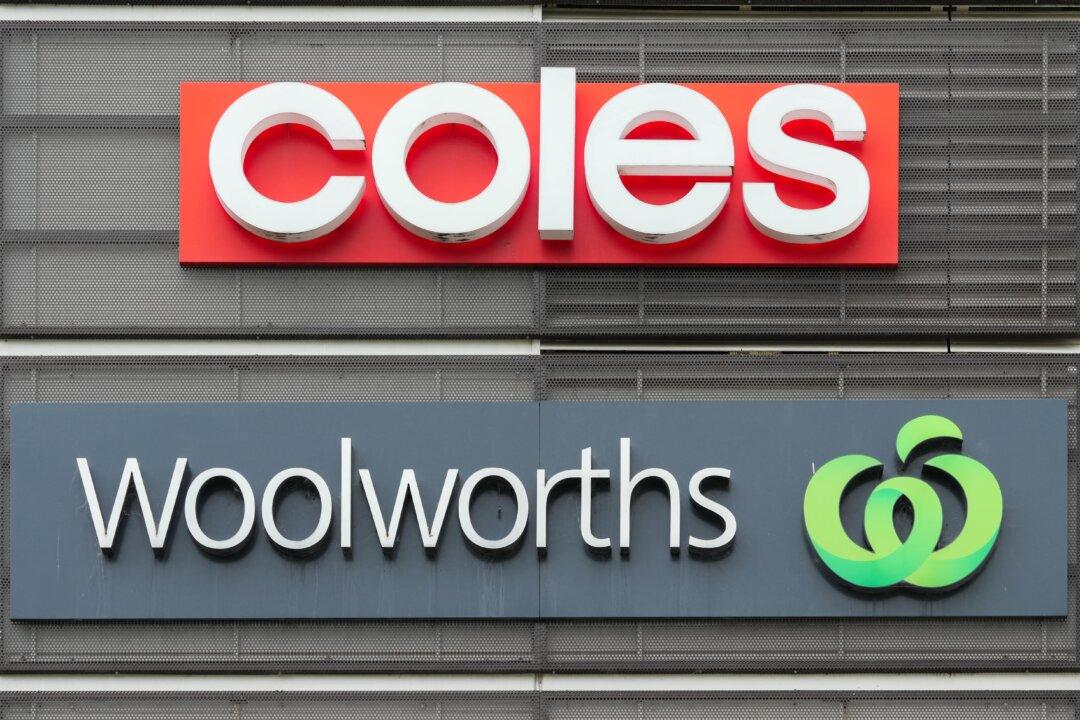The Australian Competition and Consumer Commission (ACCC) has labelled Woolworths and Coles as key players in an “oligopoly.”
In its 265-page interim report released on Sept. 27, the supermarket giants were revealed to have lost consumer trust, with nearly half of the respondents complaining about prices, up from 17 percent in 2008.





